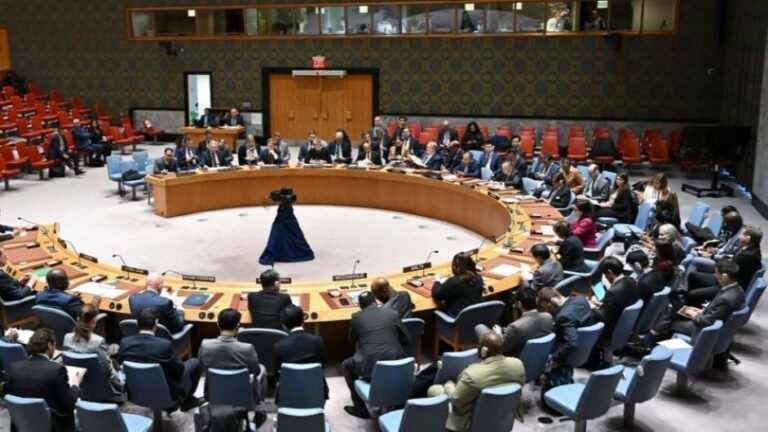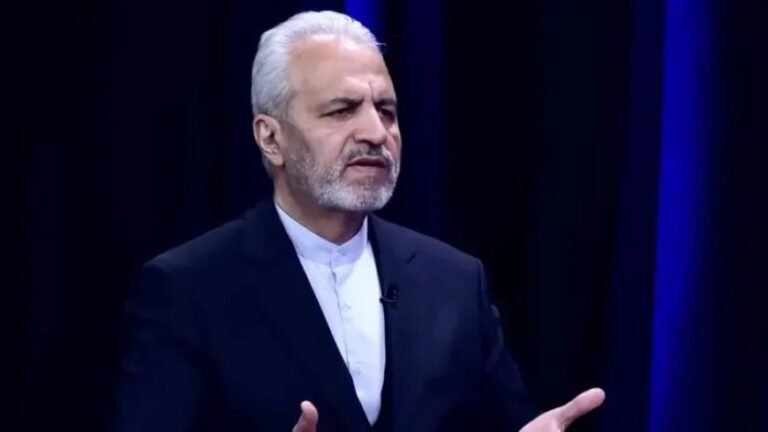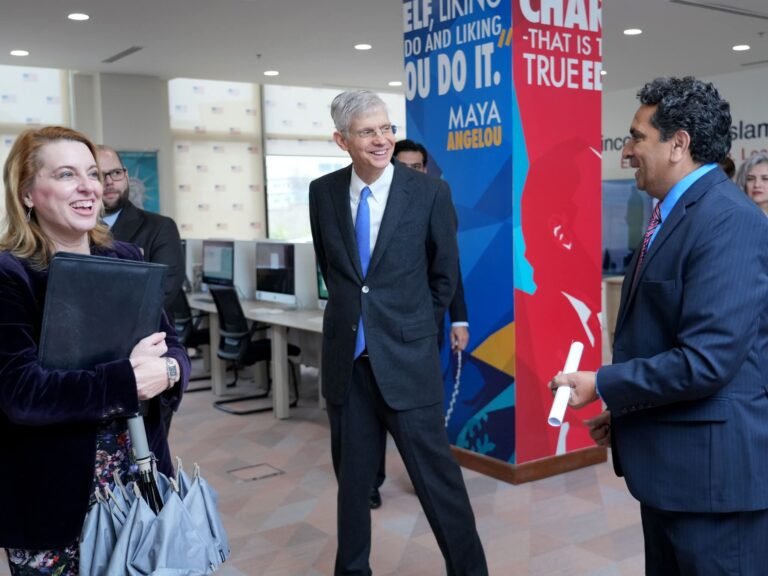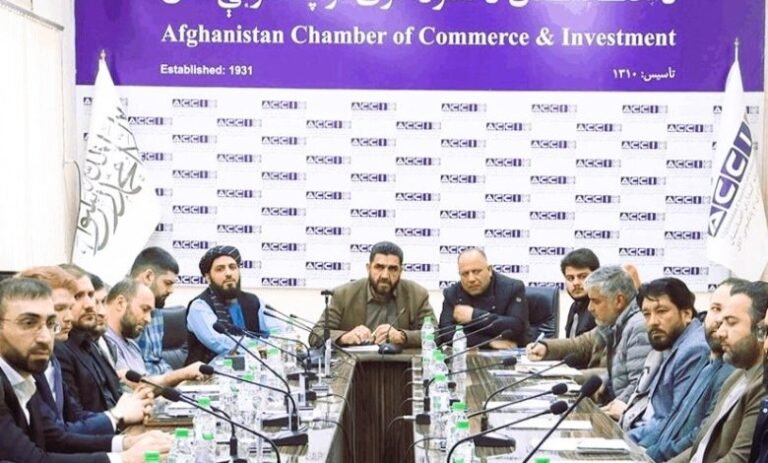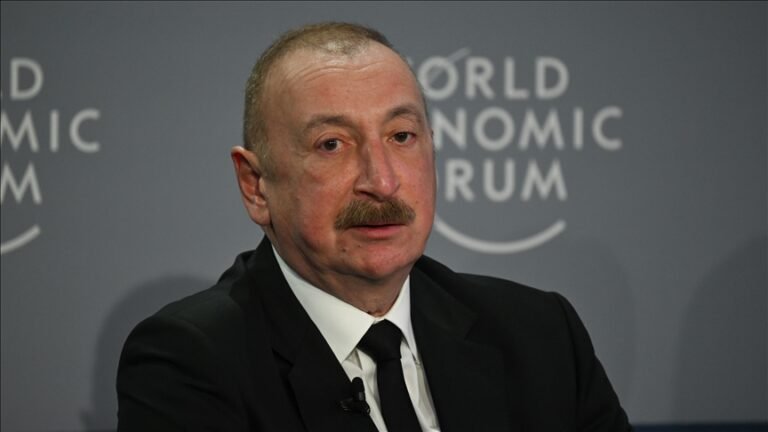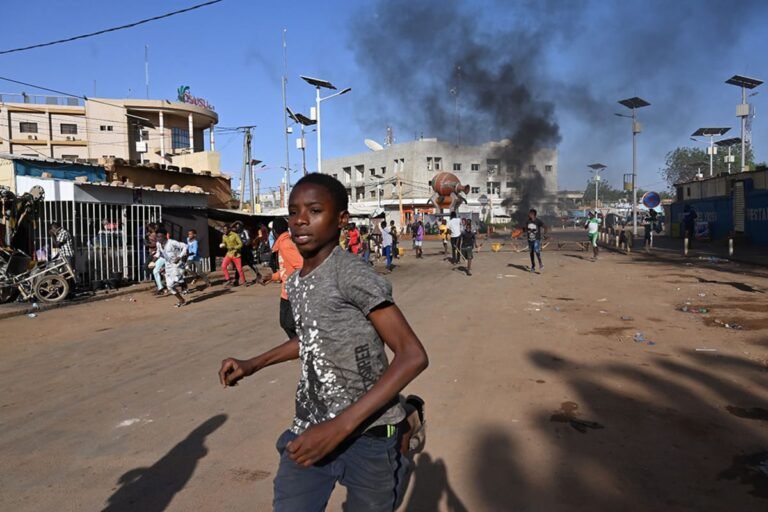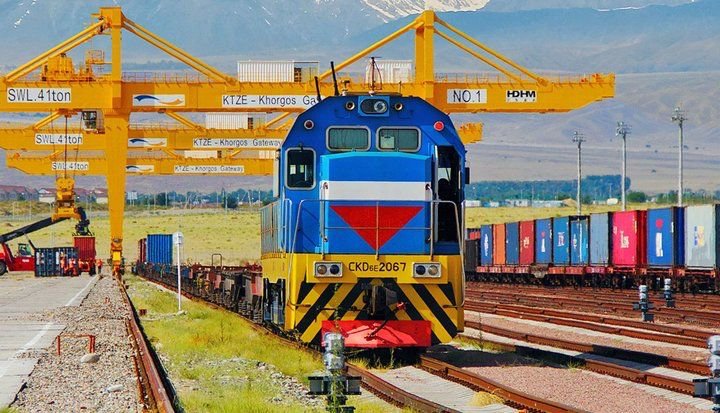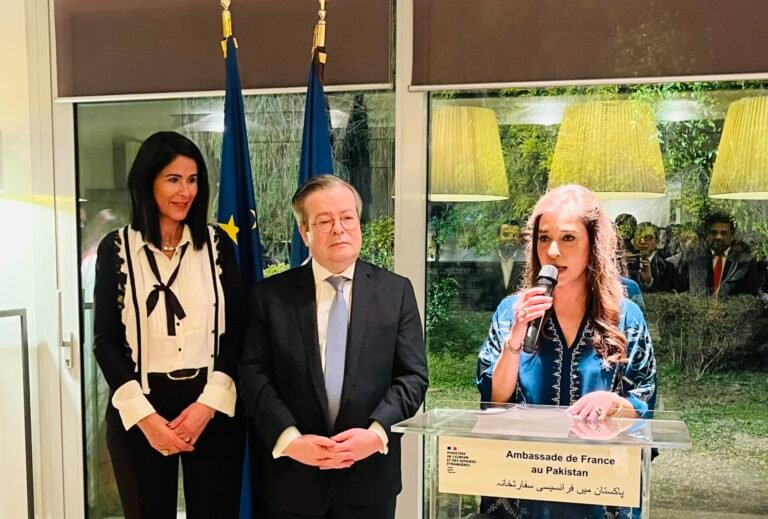Port-au-Prince, 17 February 2022 (TDI): According to UN Deputy Secretary-General Amina Mohammed, Haiti is at a “crossroads” six months after a devastating earthquake decimated the country’s southwest.
The Deputy Secretary-General spoke at an international meeting in Port-au-Prince organized by the Haitian government to raise funds for restoration and recovery operations following the August earthquake that devastated the country’s mostly rural southwest.
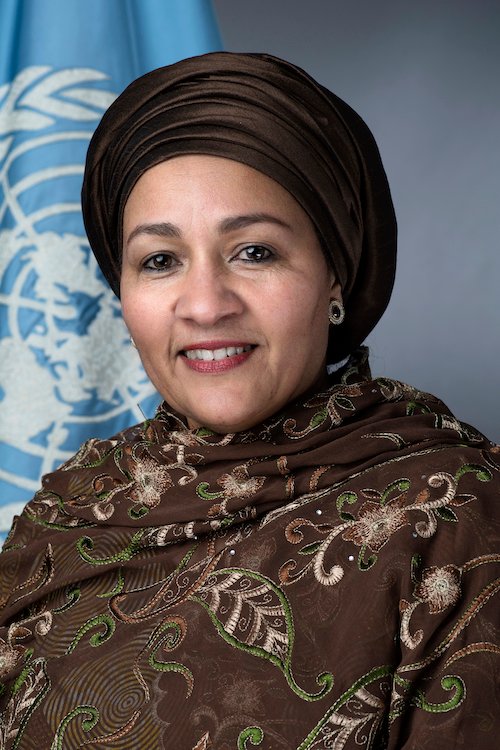
Amina Mohammed travelled to the earthquake-affected area after the earthquake.
“This is not the time for surrender,” she repeated, emphasizing that Haitians never succumb. “Those affected cry again, then pick themselves up and continue their lives,” she added, stressing that “Haiti stands at a crossroads once again.”
Years of investment in security and prosperity must be protected. Furthermore, national institutions will be in charge. Over 2,200 people were killed, 13,000 were injured, and critical infrastructure was devastated.
Nearly 137,000 homes and 1,250 schools were damaged or destroyed, resulting in approximately 300,000 students being away from school.
Furthermore, the earthquake destroyed around 95 hospitals and health care institutions, as well as roads and bridges. People in the earthquake’s path were unable to receive aid.
The government predicts that fixing the earthquake’s damage would cost close to $2 billion. Almost half of the cash, a little more than a billion dollars, would be used to remodel or build mostly private residences, with an additional $400 million going to education.
Healthcare and food security projects, on the other hand, require $40 million and $55 million, respectively. Agriculture, trade, industry, and environmental projects have all received financial help.

At the moment, Haiti’s Prime Minister, Ariel Henry, underlined that everyone will contribute to the repair and rebuilding effort. “Not every hamlet on the Southern Peninsula suffered the same amount of devastation.”
Several people were impacted, and some incurred bigger losses than others. The rehabilitation plan, on the other hand, focuses on all areas that were directly or indirectly harmed.
There have been various crises.
During the August earthquake, Haiti faced political and security challenges, as well as ongoing, significant humanitarian and development needs.
The conference to support the recovery and reconstruction of the Great South of Haiti hit by the earthquake of August 14, 2021 is starting now. Follow live 👉📺 https://t.co/22etNQClLf#Haiti #ayiti #recovery #reconstruction pic.twitter.com/MMuxxKpSWG
— Nations Unies Haïti (@UNHaiti) February 16, 2022
An armed gang’s blockade of petrol deliveries at the end of the year, ground the economy to a halt, wreaking chaos across the country.
Haiti is especially vulnerable to earthquakes, floods, and droughts, as well as the greater effects of climate change. An earthquake that struck Haiti in January 2010 killed an estimated 220,000 people, the vast majority of whom were in Port-au-Prince and its environs.
Now is the time to invest.
As the UN Deputy Secretary-General phrased it, “we must recognize that a lack of large and timely reconstruction investment would unavoidably force the most vulnerable populations, who will lose their means of existence, into negative survival techniques.”
She went on to suggest that “internal migration is projected to increase, particularly to the capital of Port-au-Prince, which already has serious social and economic challenges as well as a high degree of violence.” External migration is also expected to grow as Haitians look for new possibilities.



